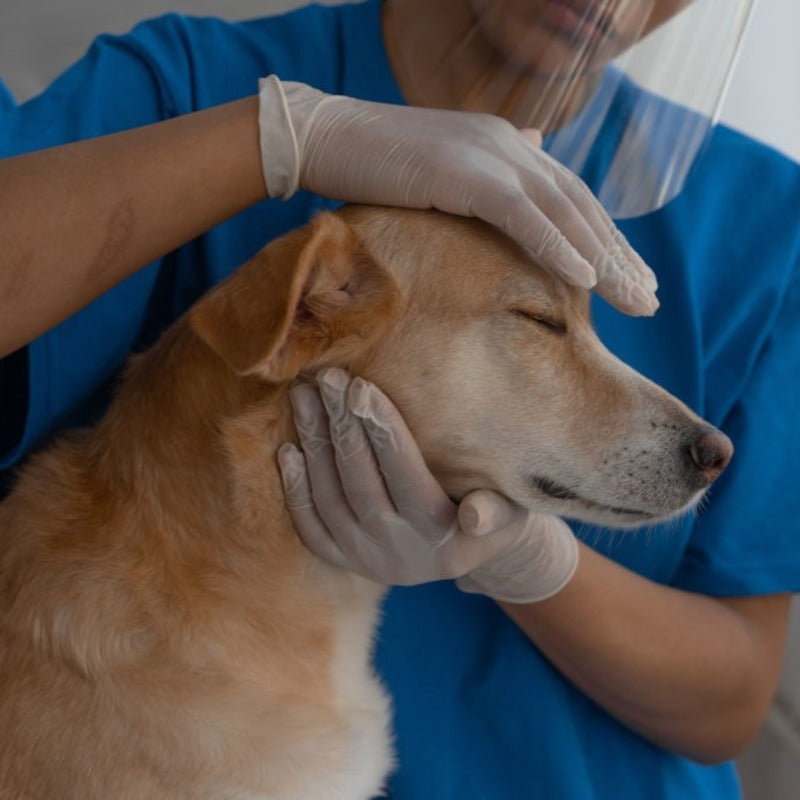Food safety is paramount in protecting your family from harmful bacteria, particularly Escherichia coli (E. coli). This bacteria can pose significant risks, especially when it contaminates food and surfaces in your home. E. coli infections commonly occur due to improper food handling and storage practices, which can lead to severe gastrointestinal issues and other health problems. In this article, we will outline effective methods for preventing E. coli infections in your home, emphasizing the critical role of products like the Milerd Detoxer in maintaining a safe environment.
Understanding E. coli and Its Risks
What is E. coli? E. coli is a type of bacteria commonly found in the intestines of humans and animals. While many strains are harmless, some can cause serious illness. Contamination can occur through various means, including undercooked meat, contaminated water, or surfaces that come into contact with raw foods.
Recognizing E. coli infection symptoms is essential for prompt action. Common symptoms include stomach cramps, diarrhea, and fever. Understanding E. coli risk factors can further enhance your prevention efforts. Poor kitchen hygiene, improper food handling, and cross-contamination are significant contributors to the spread of this bacteria.
Safe Food Handling and Storage
Proper food storage is crucial in preventing bacterial growth. Store raw meats on the bottom shelf of your refrigerator to avoid drips onto other foods. Vegetables and leftovers should be stored in airtight containers to minimize exposure to bacteria.
Avoiding cross-contamination is another vital practice. This occurs when bacteria from raw meats transfer to other foods, often via cutting boards and utensils. To prevent this, use separate cutting boards and utensils for raw meats and vegetables.
When handling raw meat, follow these E. coli prevention tips:
Cleaning and Sanitizing Surfaces
Cleaning your kitchen is an essential part of preventing E. coli infections. Start by cleaning cutting boards thoroughly after each use. Plastic and glass cutting boards can be sanitized in the dishwasher, while wooden boards should be scrubbed with hot, soapy water and allowed to air dry.
Next, focus on disinfecting kitchen counters and sinks. Use a mixture of water and bleach or an effective commercial cleaner to disinfect these high-touch surfaces. Bacteria prevention methods also include regularly sanitizing kitchen tools and appliances, ensuring that harmful bacteria are not lingering.
Products like the Milerd Detoxer can significantly enhance your kitchen's safety by neutralizing bacteria and other harmful pathogens.
Safe Cooking Practices
Cooking meat thoroughly is vital in eliminating harmful bacteria like E. coli. Use a food thermometer to ensure that meats reach safe cooking temperatures: 165°F (75°C) for poultry, 160°F (71°C) for ground meats, and 145°F (63°C) for whole cuts of beef and pork.
E. coli in vegetables can be a hidden threat, as well. Wash all produce thoroughly under running water, even those with skins, to remove dirt and bacteria. Following safe cooking practices, such as avoiding undercooking and using separate utensils for different foods, will further protect against infections.
Kitchen Hygiene and Personal Hygiene
Understanding the handwashing importance during food preparation cannot be overstated. Frequent handwashing is crucial to avoid transferring bacteria to food. Make sure to wash your hands before cooking, after handling raw foods, and after touching any surface that may harbor germs.
To maintain proper kitchen hygiene, regularly sanitize utensils, dishcloths, and cutting boards. Implementing kitchen sanitation tips, such as cleaning spills immediately and using paper towels instead of dishcloths, can also help minimize bacteria.
In addition, adopting good personal hygiene habits, such as wearing clean aprons and tying back long hair while cooking, can prevent bacteria from contaminating food.
Conclusion
In summary, preventing E. coli infections in your home involves adopting safe food handling practices, maintaining proper food storage, and ensuring thorough kitchen cleanliness. By implementing these food safety measures, you can create a healthier environment for your family. Consider using the Milerd ultrasonic vegetable cleaner to help ensure a bacteria-free kitchen and protect your loved ones from harmful infections. Start today to keep your home safe and healthy!



Leave a comment
This site is protected by hCaptcha and the hCaptcha Privacy Policy and Terms of Service apply.